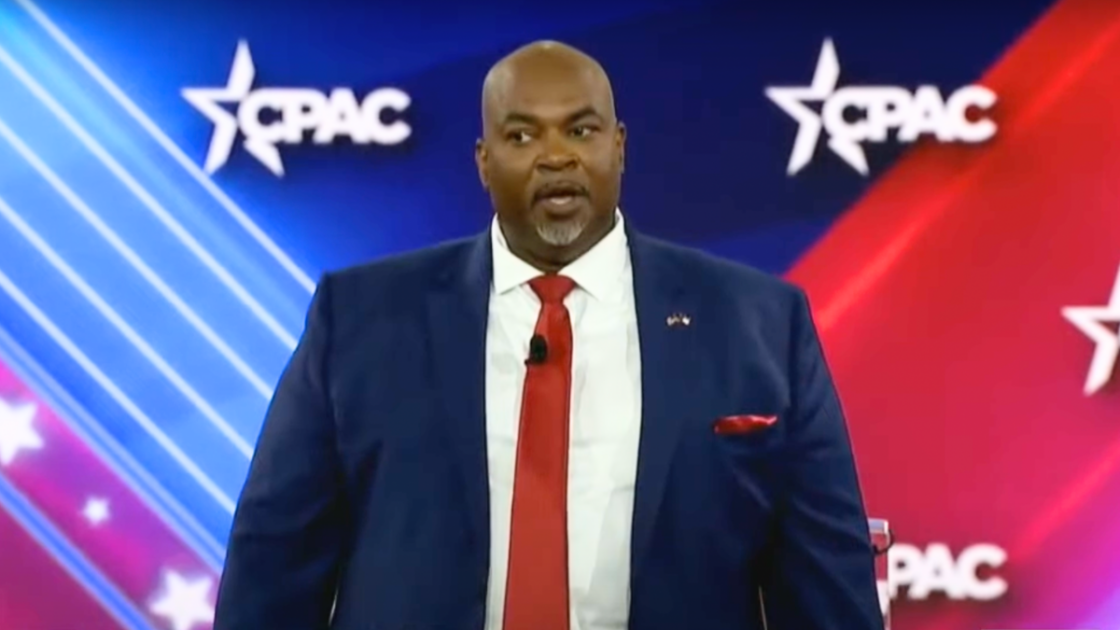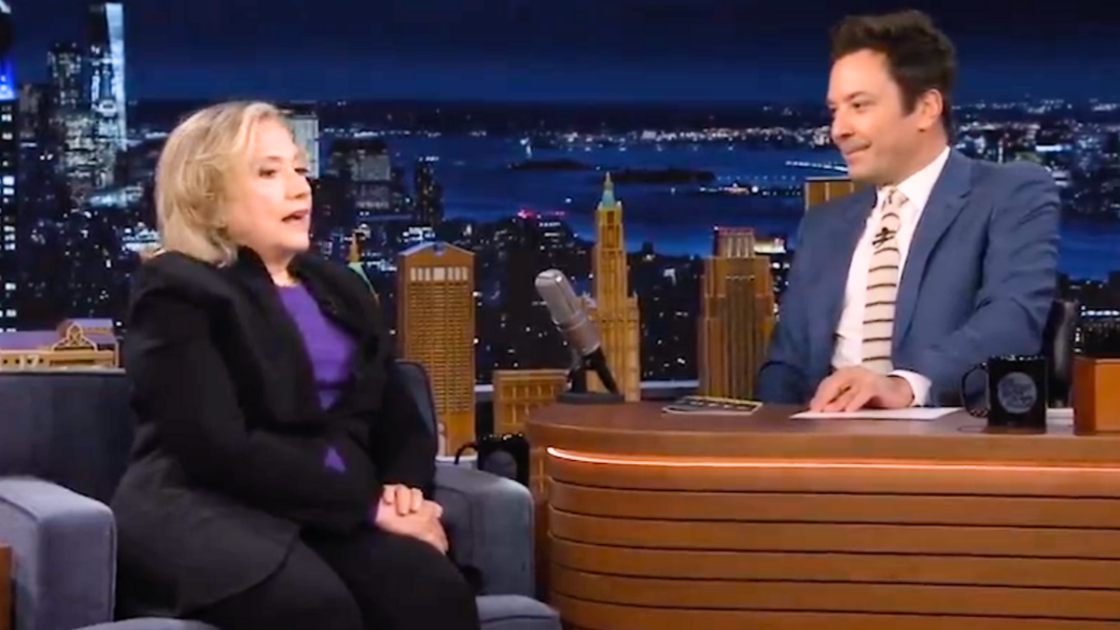A federal judge in California has ruled that the Trump administration unlawfully used Marines and National Guard troops in Los Angeles.
In a Sept. 2 order, U.S. District Judge Charles Breyer said the federal government couldn’t use the California National Guard or any military troops deployed in the state to engage in arrests, apprehensions, crowd control, and other activities.
Breyer said that the federal government violated a law known as the Posse Comitatus Act, which generally prevents the military from engaging in civilian law enforcement.
The ruling is stayed until Sept. 12, allowing the government time to file an appeal.
The ruling followed a trial in August that was overseen by Breyer. He had previously blocked the federal government’s use of National Guard troops, but an appeals court halted that decision.
Gov. Gavin Newsom proclaimed victory in a post to social media, stating that Trump’s “militarization of our streets and use of the military against US citizens is ILLEGAL.”
Acting U.S. Attorney Bill Essayli responded by stating in part that the military would remain in Los Angeles.
“This is a false narrative and a misleading injunction. The military has never engaged in direct law enforcement operations here in LA,” he said on social media.
White House spokesperson Anna Kelly denounced the ruling in a statement provided to The Epoch Times. saying the “judge is trying to usurp the authority of the Commander-in-Chief to protect American cities from violence and destruction” and that Trump “saved Los Angeles” from “mass chaos.”
The trial occurred as Trump deployed troops to Washington after declaring a public safety emergency in the capital city and floated the idea of intervening in Chicago’s law enforcement as well. Breyer’s order, which applies only to activity in California, expressed concern that Trump might intervene in Oakland and San Francisco.
“President Trump and [Defense] Secretary [Pete] Hegseth have stated their intention to call National Guard troops into federal service in other cities across the country–including Oakland and San Francisco, here in the Northern District of California—thus creating a national police force with the President as its chief,” Breyer said.
The Department of Justice had argued that the trial should be canceled. Among other things, it argued that the federalized National Guard troops were focused on the protection of federal property and personnel performing federal functions.
Besides, it said, another section of federal law allows the National Guard to enforce the law. It was referring to Section 12406 of federal law, which allows the president to federalize the National Guard under certain conditions, including if he “is unable with the regular forces to execute the laws of the United States.”
That was the law that Breyer previously said the president violated.
The state of California brought three witnesses on Aug. 11, including Maj. Gen. Scott Sherman, who led the troops in the state as part of a group called Task Force 51. In their training materials, the task force received a list of activities prohibited under the Posse Comitatus Act, while Hegseth said some activities, such as security patrol and crowd control, were subject to a constitutional exception to the law.
In his decision, Breyer denied that the president enjoys a constitutional exception that would allow him to protect federal property, personnel, and functions.
“This assertion is not grounded in the history of the [Posse Comitatus] Act, Supreme Court jurisprudence on executive authority, or common sense,” he said.
“There is no question that federal personnel should be able to perform their jobs without fearing for their safety. But to use this as a hook to send military troops alongside federal agents wherever they go proves too much and would frustrate the very purpose of the Posse Comitatus Act.”
During a months-long deployment, the administration conducted multiple operations in Los Angeles County, Camarillo, Mecca, and Carpinteria. In June, the Defense Department said it was deploying more than 4,000 troops, including Marines and members of the National Guard.
By Aug. 5, the Justice Department told Breyer that less than 10 percent of the originally deployed force—or about 300 Guardsmen—remained.
Legal battles over troop deployments could escalate as the federal government considers intervening in other cities. On the morning of Breyer’s decision, Trump said he would “solve the crime problem” in Chicago after police reported dozens were shot over the weekend.
“[Illinois Gov. JB] Pritzker needs help badly, he just doesn’t know it yet. I will solve the crime problem fast, just like I did in DC,” Trump wrote in a post on Truth Social. “Chicago will be safe again, and soon.”
The federal government’s intervention in Washington was met with limited resistance, with a lawsuit that prompted the administration to alter the way it directed the city’s police force. By the end of August, Washington Mayor Muriel Bowser said crime had dropped in the city.
Emel Akan contributed to this report.
If you found this article interesting, please consider supporting traditional journalism
Our first edition was published 25 years ago from a basement in Atlanta. Today, The Epoch Times brings fact-based, award-winning journalism to millions of Americans.
Our journalists have been threatened, arrested, and assaulted, but our commitment to independent journalism has never wavered. This year marks our 25th year of independent reporting, free from corporate and political influence.
That’s why you’re invited to a limited-time introductory offer — just $1 per week — so you can join millions already celebrating independent news.
















